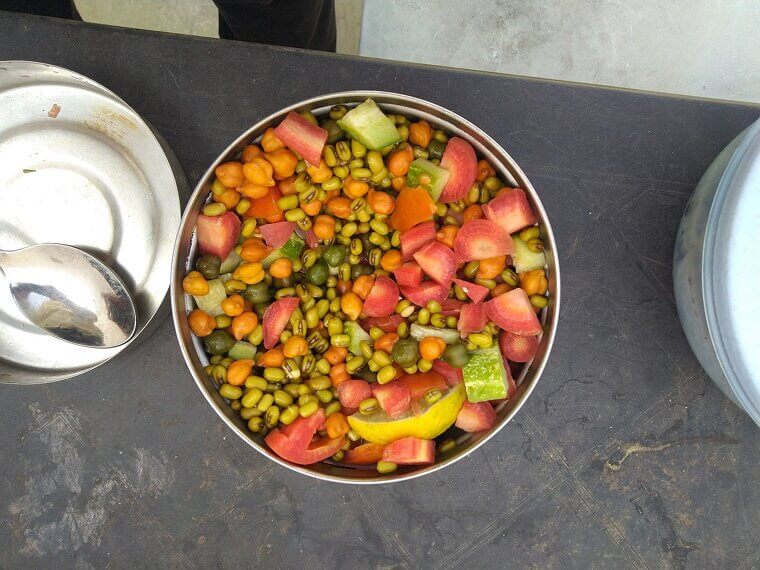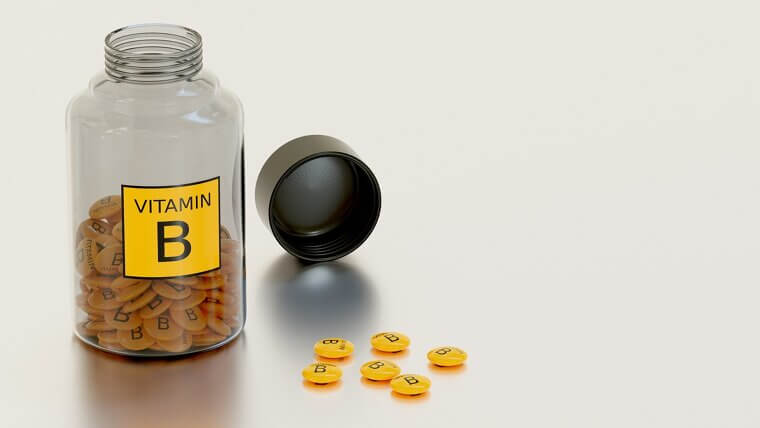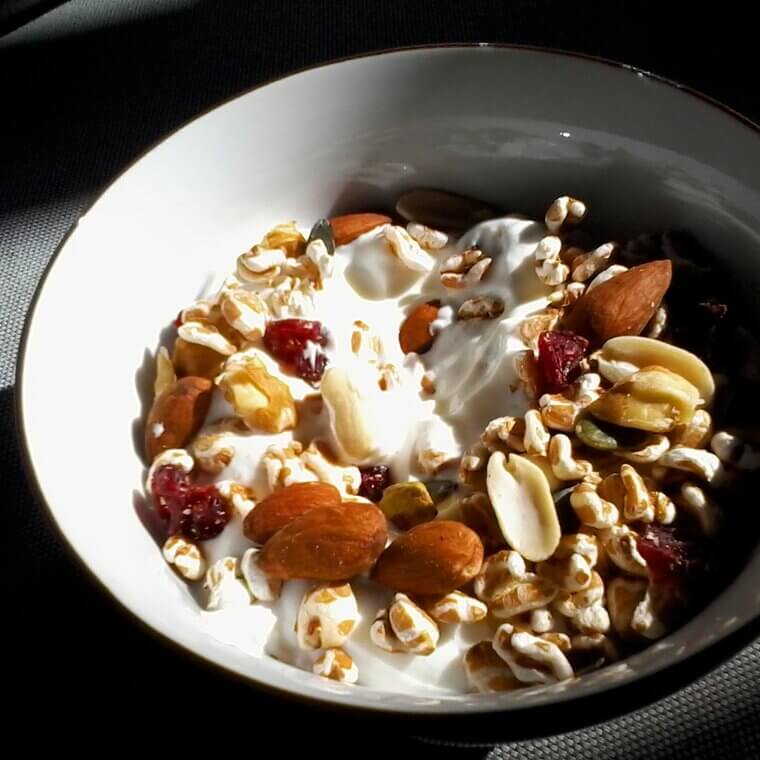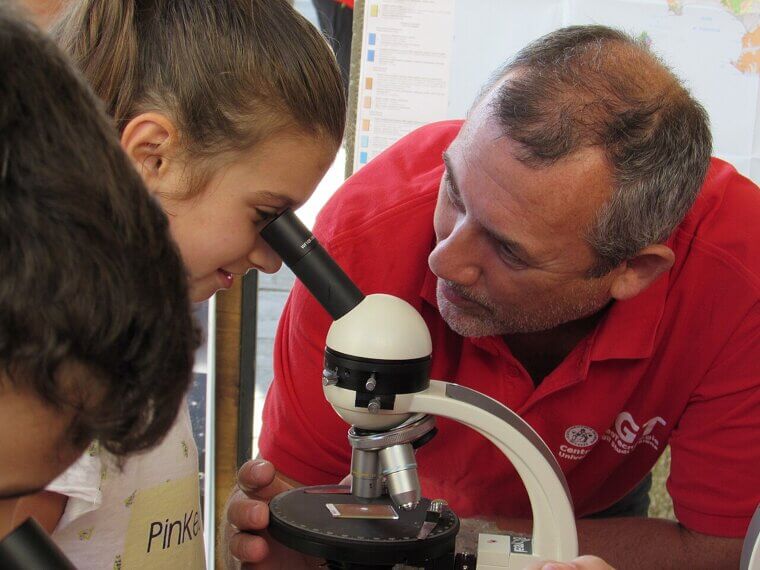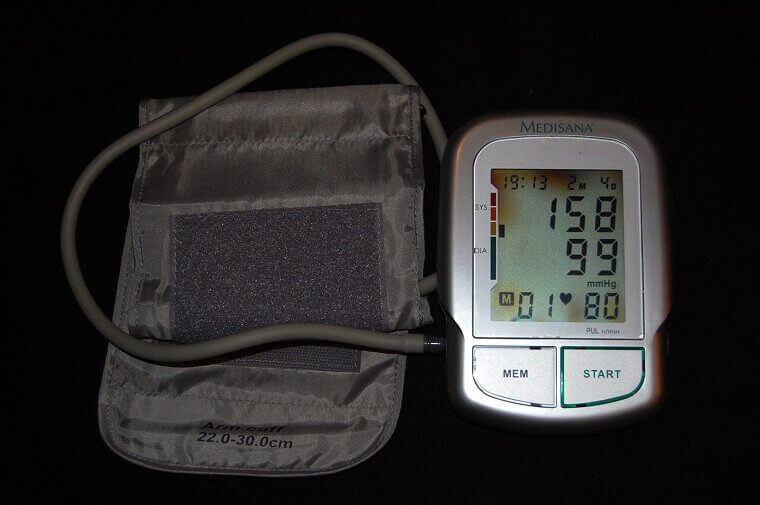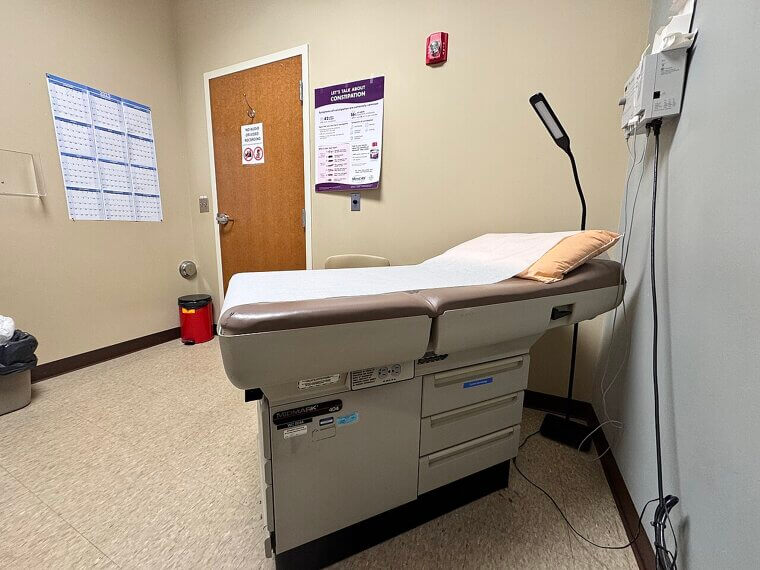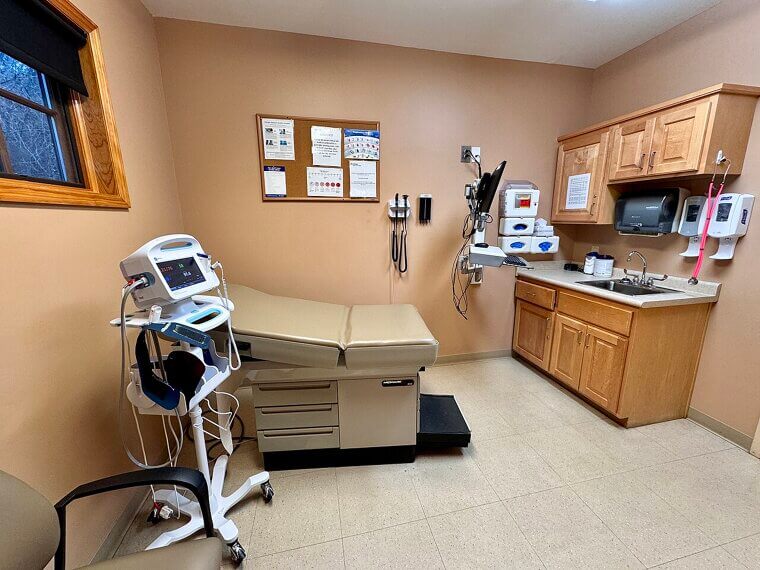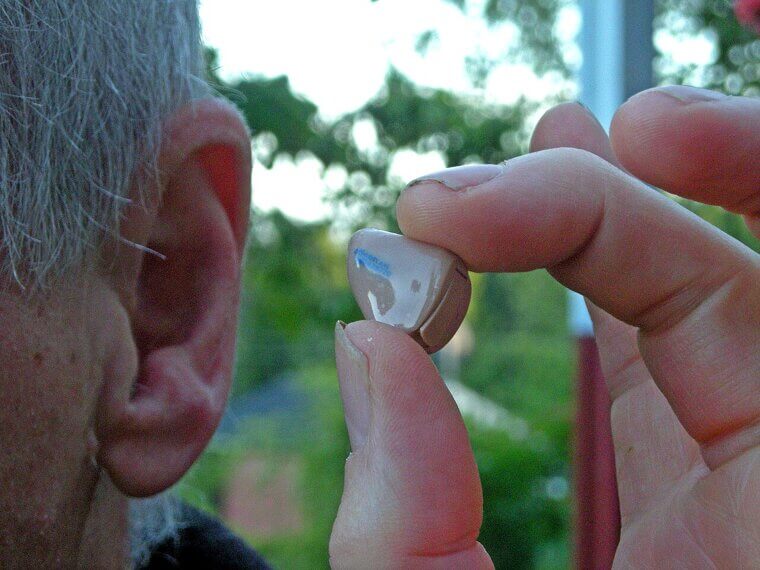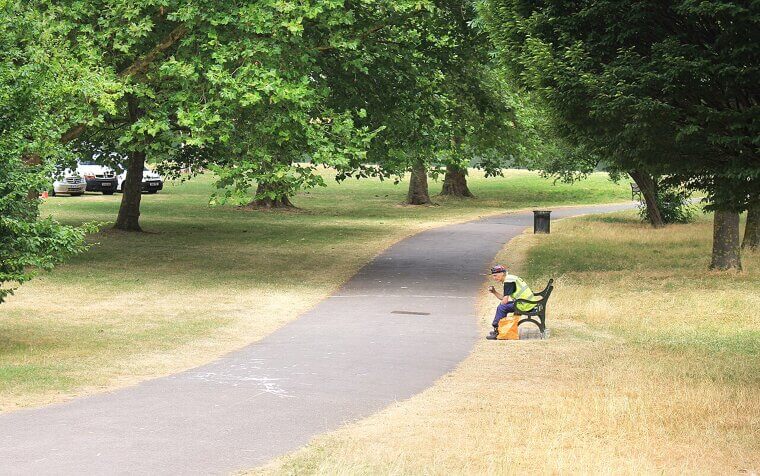Try Critical-Thinking Games
Critical-thinking games, such as chess, bridge or Sudoku, are a great way to boost brain health. More so, they can be used to make friends, prevent boredom, and challenge yourself mentally.
Eat a Mediterranean Diet
Your diet plays a major role in your overall health, including brain function. If you want to keep your brain sharp well into your 60s, be sure to consume a well-balanced diet that consists of all the major food groups. Mediterranean diets are generally rich in vegetables, fruits, and whole grains, making them a great choice.
Supplement With Omega-3s
Omega-3s are found in fatty fish, walnuts, and flaxseeds. Generally, this supplement aids in reducing bodily inflammation and keeping your cognitive function as sharp as possible.
Prioritize Antioxidant Rich Foods
Antioxidants are a very important component of any healthy diet. Found in berries, leafy greens, and even dark chocolate, they help in fighting oxidative stress caused by free radicals. They also have anti-inflammatory properties.
Cook With Cinnamon and Turmeric
Certain spices possess neuroprotective properties, which aid in maintaining cognitive function. To be more specific, turmeric and cinnamon are great options. Not only do they taste great and make a fantastic addition to any meal, but they also reduce inflammation, promoting a healthy brain and body.
Stay Hydrated
The importance of staying hydrated cannot be overstated. Even mild dehydration can impair cognitive function. As a general rule, consume at least 8 glasses of water per day. If you exercise frequently or live in a warm climate, you will need more. While many people claim that fruit juices or other sugary drinks are bad and should be avoided at all costs, they can actually be beneficial in preventing dehydration. Just be sure that they don't form the majority of your fluid intake!
Supplement With Vitamin B
When it comes to cognitive function, vitamin B is essential. This is especially true for vitamin B6, B12, and folate. It has been proven that these vitamins aid in improving overall brain health and, therefore, your memory. While it can be consumed via supplement, you can also get all the vitamin B you need from a healthy diet.
Avoid Highly Processed Foods
Not all foods are nutritious for our bodies. In fact, heavily processed foods contribute to inflammation and memory decline, particularly in older age. To help prevent this, be sure to steer clear of fast food and sugary foods. While it is okay every now and again, they definitely shouldn’t play a major role in your everyday diet.
Supplement With Vitamin D
Low levels of vitamin D are often linked to a decrease in cognitive function. As a result, it is important that you boost your vitamin D levels, either through diet, supplementation, or even exposure to sufficient sunlight. If you choose the latter, be sure to wear sunscreen, as excessive sun exposure can also be detrimental to your overall health.
Eat Nuts
Certain types of nuts are great for improving brain function. Walnuts and almonds, in particular, have been proven to support memory. These nuts are also extremely nutritious and rich in vitamins and minerals, making them a great dietary choice.
Exercise More
You may be surprised to learn that exercise can also enhance your overall brain health—not just your physical well-being. Aerobic and resistance training help improve memory and mood.
Sleep More
Sleep is vital when it comes to maintaining cognitive health throughout your old age. In fact, experts recommend getting at least 7 to 8 hours of quality sleep every night. This will give your brain time to rest and reset.
Practice Mindfulness and Meditation
Mindfulness and meditation can play a major role in promoting a healthy brain. This doesn’t mean that you have to join a class or spend hours a day sitting in silence. Simply take a few minutes out of your day to relax. Not only will this help reduce stress, but it will also aid in improving focus.
Read More
Reading is a great way to improve your cognitive function. Not only can it be fun, especially if you find a good book or series, but it also keeps your mind sharp. Reading can also be a great way to learn about different topics.
Stay Social
Staying socially active is essential, especially in old age. Be sure to take time out of your day to spend with family or friends. This helps to maintain communication skills and, therefore, cognitive function.
Volunteer or Become a Mentor
If you are a social person or knowledgeable on any particular subject, you may want to consider volunteering or becoming a mentor. Meaningful engagement supports mental health, enhancing cognitive function.
Manage Any Chronic Illnesses
If you have any chronic illnesses, such as diabetes, hypertension, or heart disease, be sure to manage these closely. They can significantly impact your overall cognitive function if left untreated.
Limit Your Screen Time
One of the most important steps in maintaining cognitive function is to reduce your screen time. Passive consumption, such as watching TV for hours on end, can lead to significant cognitive decline, especially in our old age.
Practice Gratitude
Be sure to take the time to be grateful for everything good that you have in your life. This could include your family, friends, or even a hobby that you are incredibly passionate about. This helps to improve emotional resilience, as well as boost your mental health.
Learn a New Language
Another great way that you can keep your mind active, even in your old age, is by learning a new language. Contrary to popular belief, it is actually possible to learn an entirely new language during the later stages of your life.
Learn a Musical Instrument
If you have the time, learning to play a musical instrument can significantly aid in boosting your cognitive function. Not only does it enhance coordination, but it also helps promote brain elasticity.
Try a New Skill or Hobby
It is never too late to pick up a new skill or hobby. In fact, once you retire, it is vital that you find a way to keep both your mind and body busy. Gardening, painting, or even reading is a great way to do this. It can also help you keep fit and active.
Play a Puzzle Game
There are plenty of great games and puzzles out there for you to try. Not only are they enjoyable, but they can also play a significant role in enhancing cognitive function. There are even a number of apps that have the same effect.
Write
Journaling is a great way to maintain cognitive function throughout your old age. If you fancy yourself as a creative person, you could even write short stories or a novel! Writing aids in stimulating the brain while promoting creativity.
Go For Regular Checkups
Regular checkups become more and more important as we get older. Early detection of certain mental illnesses can significantly aid in reducing cognitive decline.
Attend Workshops
It’s never too late to start learning! If you have picked up a new hobby after retirement, don’t be afraid to attend workshops in order to enhance your skills and knowledge. This will aid in improving cognitive function, as well as exposing you to new people with similar interests.
Teach Others
Teaching or explaining concepts to others is a great way to boost cognitive function by reinforcing your own understanding of certain ideas.
Practice Visualization Techniques
Visualization techniques aid in strengthening your memory and imagination. They also keep the brain agile. By spending just a few minutes a day with your thoughts, you can significantly reduce cognitive decline.
Challenge Your Routine
As we get older, we fall into a bit of a routine. It’s important to challenge this routine every now and again - even in simple ways. Take a different route to the grocery store or try out a different meal at your favorite restaurant. Unfamiliar tasks will aid in improving your cognitive function.
Go for Neurofeedback Therapy
Neurofeedback therapy can significantly help with memory enhancement. As we get older, these treatments become more and more relevant, making them a great way to reduce cognitive decline.
Wear a Hearing Aid
Untreated hearing loss is often linked with dementia. If necessary, don’t be afraid to invest in a hearing aid. Not only will it significantly improve your quality of life, but it will also aid in reducing cognitive decline.
Monitor Medication Side Effects
If you are prescribed any sort of medication or have been on medication for a long period of time, be sure to monitor the side effects closely. Some drugs can significantly impair cognitive function.
Stay Curious
Be sure to stay curious - regardless of your age! This is arguably the most important part of aging. By asking questions and continually learning, you can boost your overall brain health.




